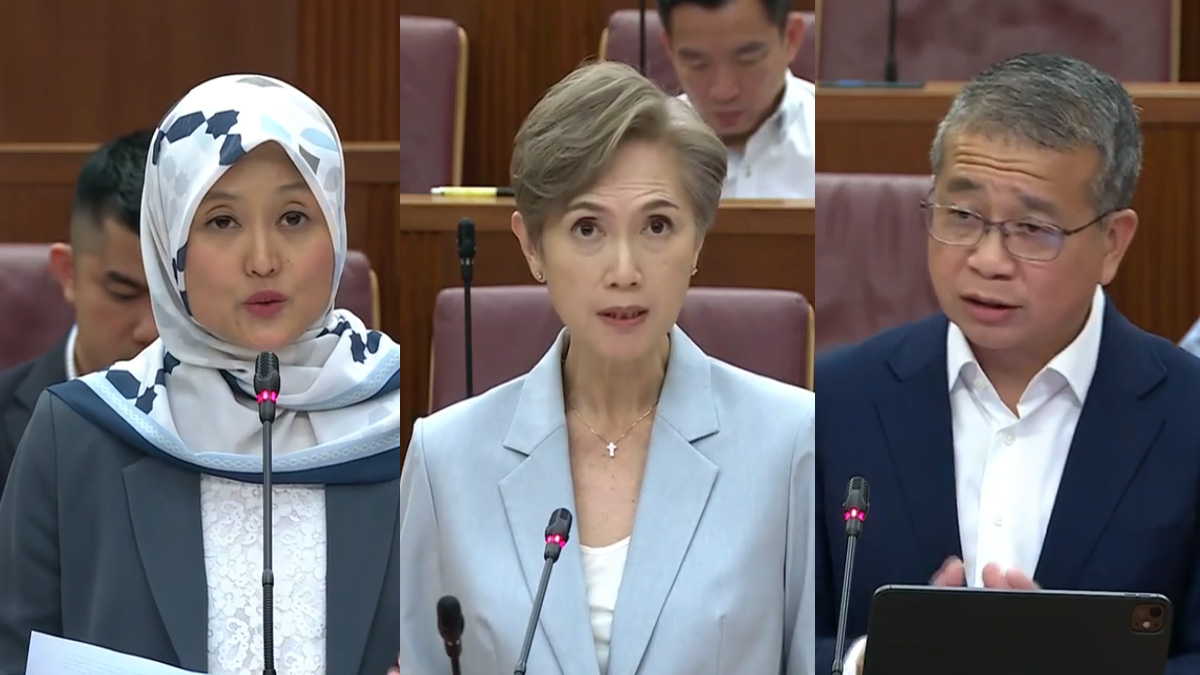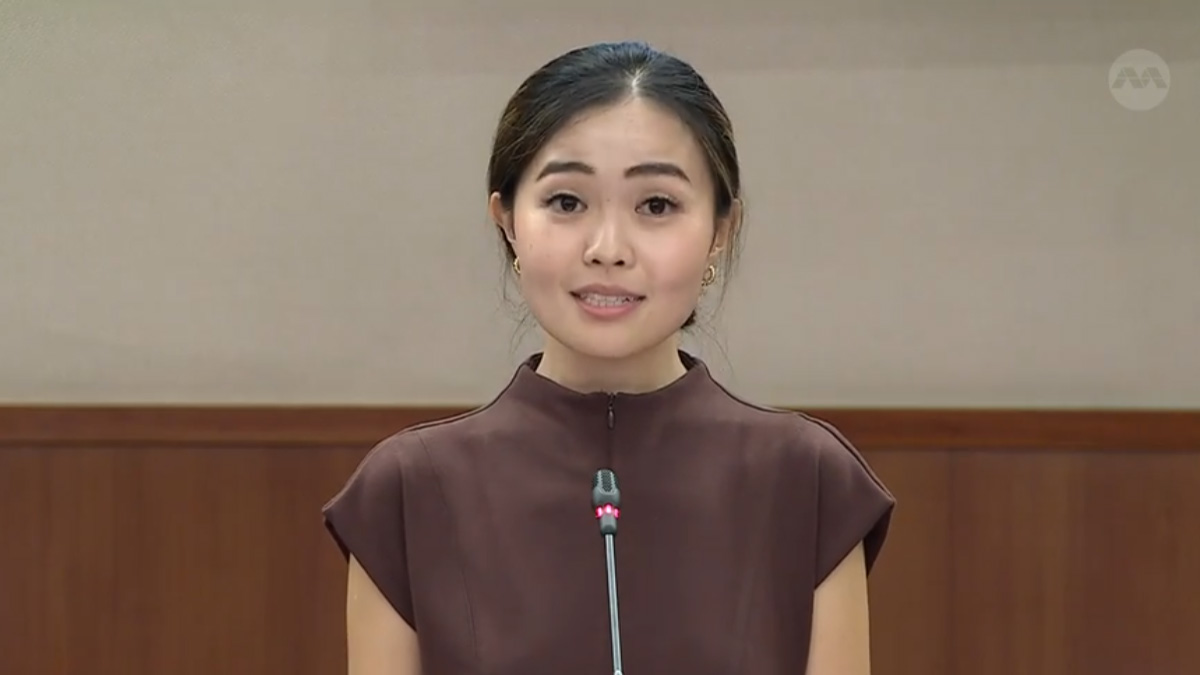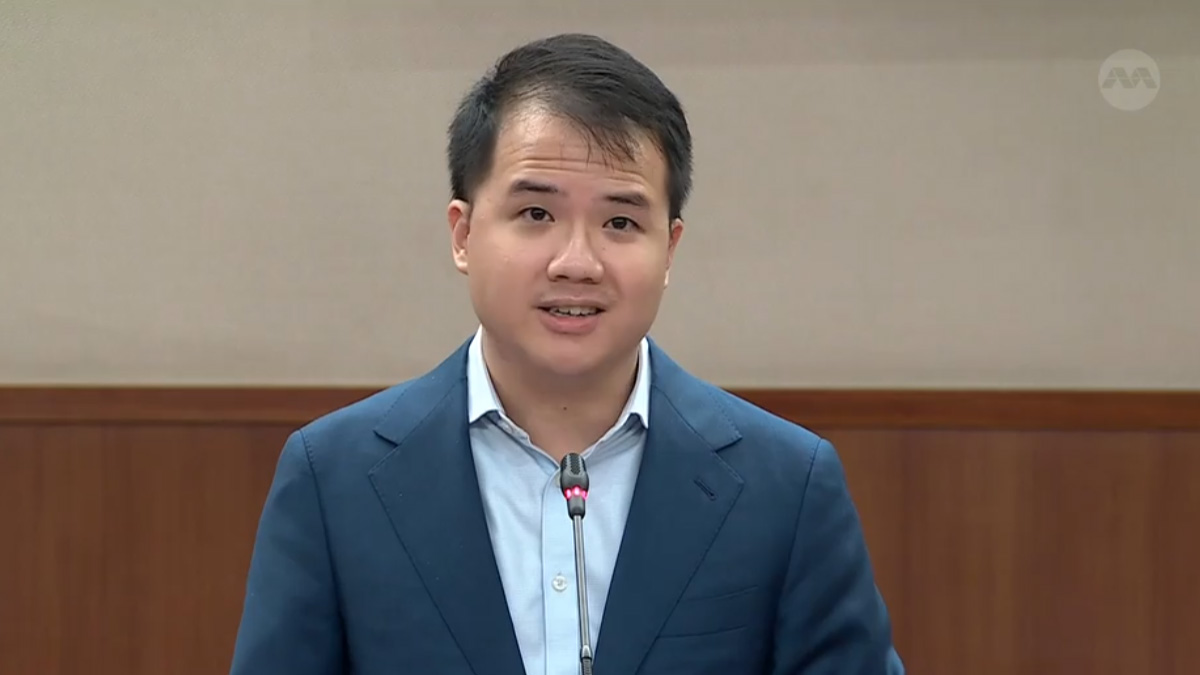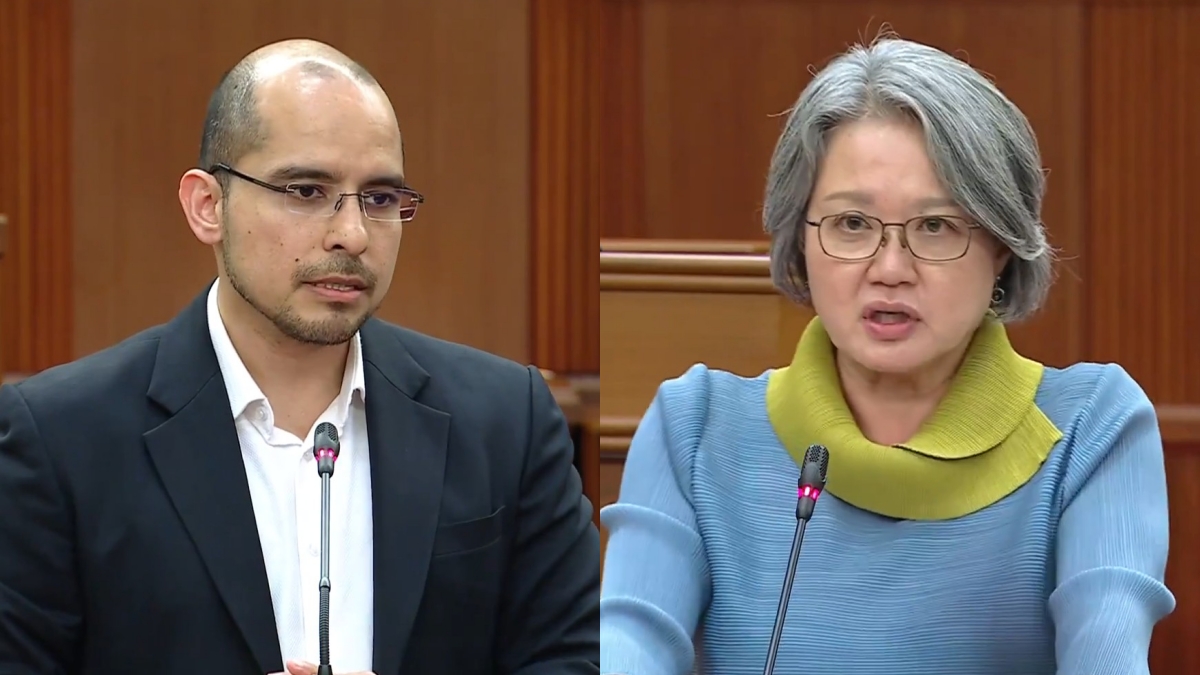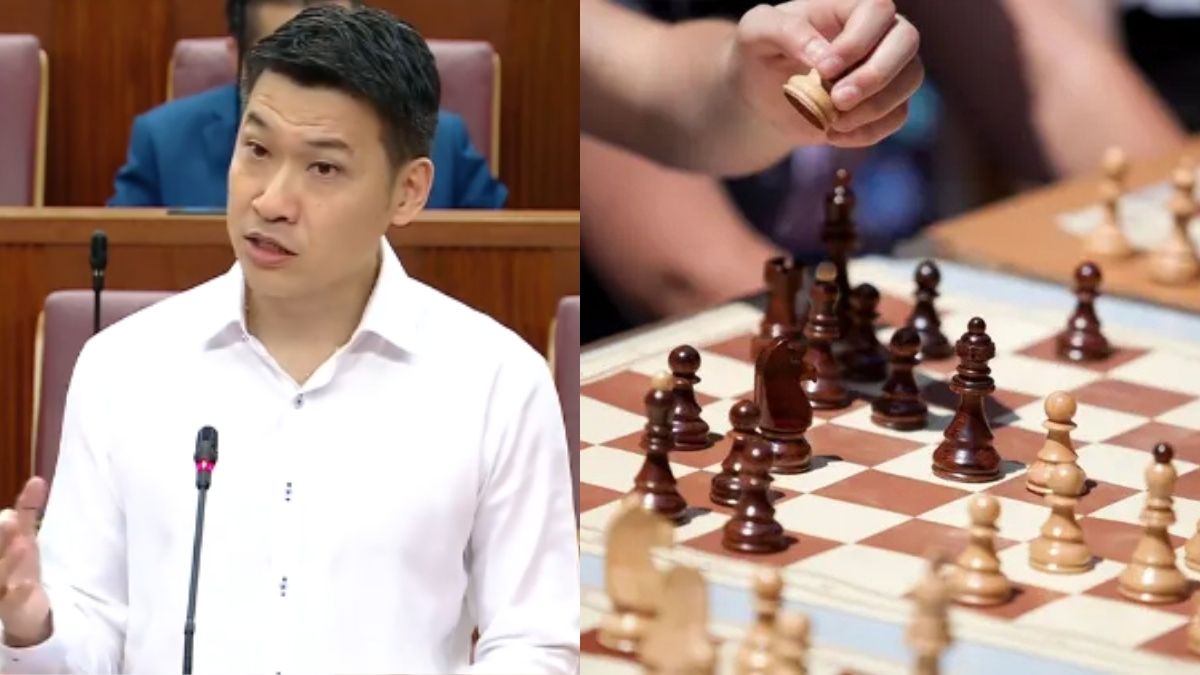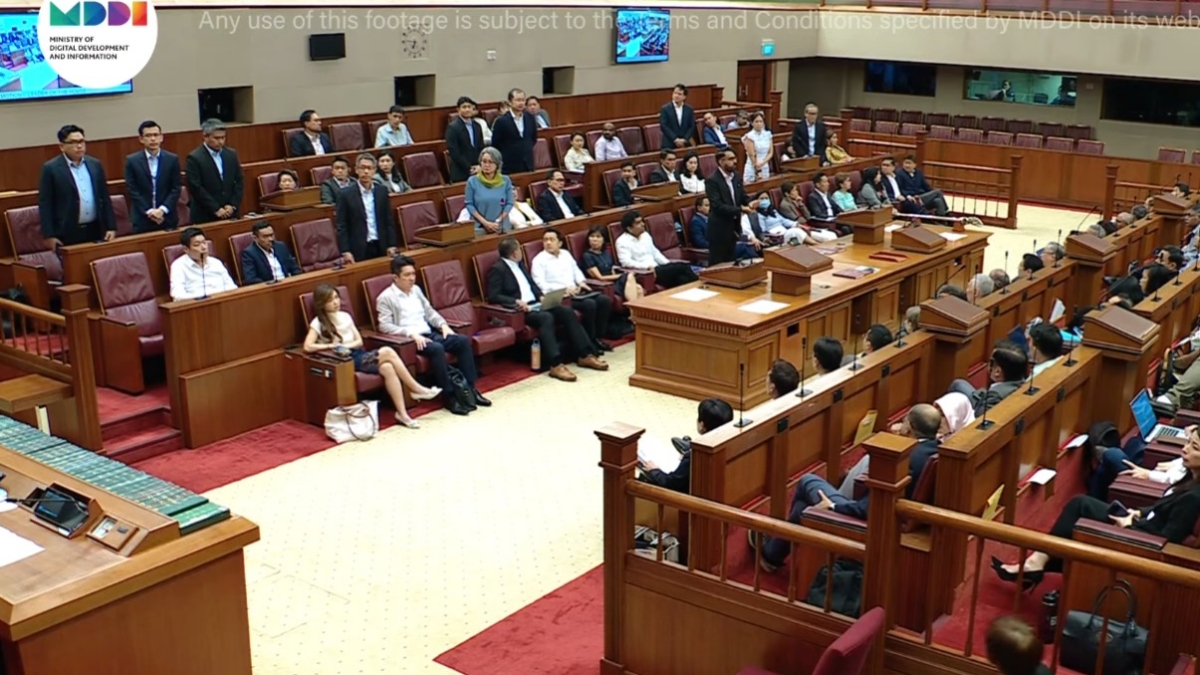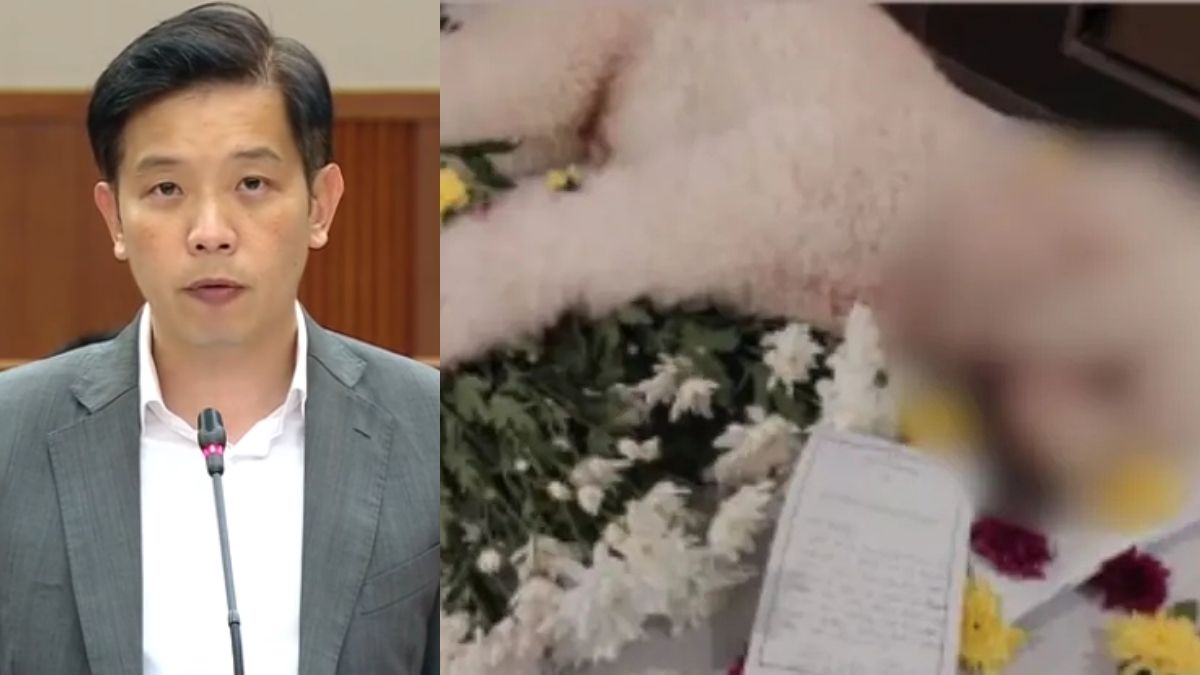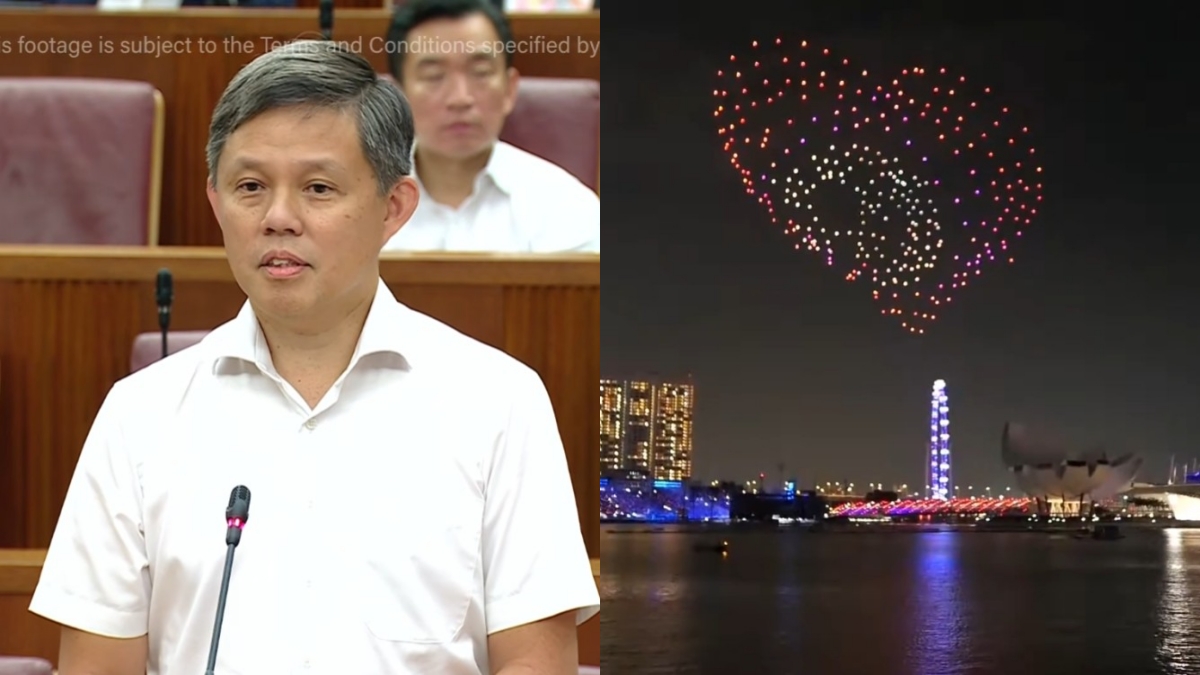He Ting Ru calls for stronger victim protection and expanded scope under online harms bill
Workers’ Party MP He Ting Ru has urged the Government to expand the scope of the Online Safety (Relief and Accountability) Bill to cover online content promoting self-harm and sexual grooming, while calling for stronger protections and support mechanisms for victims.

- He Ting Ru supported the intent of the OSRA Bill but raised concerns about gaps in protection for certain online harms.
- She proposed amendments to include content promoting self-harm and sexual grooming in the Bill’s scope.
- The speech called for a trauma-informed, victim-centric approach and more transparency from the future Online Safety Commission.
Parliament began debating the Online Safety (Relief and Accountability) Bill (OSRA) on 5 November 2025, at its Second Reading, following its introduction by the Ministry of Digital Development and Information (MDDI) and the Ministry of Law (MinLaw) last month.
The Bill sets out a legislative framework intended to strengthen protections against online harms and improve access to redress mechanisms for individuals affected by such harms. It supplements existing regulatory and criminal laws by introducing new statutory provisions targeted at harmful online conduct.
Among its key features, the Bill proposes the establishment of a dedicated Online Safety Commission (OSC) to receive and act on victim reports, a set of statutory torts to provide civil remedies, and expanded powers for authorities to request user identity information from digital platforms under defined circumstances. Certain platforms may also be required to take further steps to identify users responsible for online harms.
According to the Government, the Bill is a response to increasing public concern over a range of online harms, including doxxing, cyberbullying, online harassment, the non-consensual distribution of intimate images, and content inciting racial or religious hostility. Surveys cited by MDDI and civil society organisations indicate that many individuals in Singapore report exposure to such content or behaviour, with some experiencing lasting psychological and social impact.
The introduction of statutory torts and broader disclosure obligations has prompted discussion about their potential impact on digital privacy, freedom of expression, and the responsibilities of platform providers. The Government has stated that safeguards will be included to prevent misuse of disclosed information, and that decisions made by the OSC may be subject to appeal.
He Ting Ru: Bill does not go far enough on victim protection or scope
During the second reading of the Bill, Workers’ Party MP for Sengkang GRC, He Ting Ru, expressed support for the Bill’s intent but outlined several areas of concern. She proposed a set of amendments to strengthen the Bill’s coverage and ensure that victims remain at the centre of the legislation.
One of the main concerns raised was the exclusion of certain serious online harms from the Bill’s scope. In particular, He Ting Ru called for the inclusion of content that promotes or encourages suicide and self-harm, and the online sexual grooming of minors and vulnerable adults. These additions, she argued, were necessary to reflect the real-world risks faced by users, especially young people.
She cited findings from the Institute of Policy Studies (IPS), which identified both forms of content as key concerns among respondents. Despite these risks, she noted that such harms were not explicitly covered by the OSRA Bill’s existing definitions.
She also referenced reports indicating the ease with which children and teenagers were accessing harmful content on platforms such as Instagram, including content related to suicide and sexual material, suggesting that current safeguards are insufficient.
Call for trauma-informed processes and victim-centric justice
He Ting Ru also focused on the challenges that victims face when seeking recourse. While welcoming the introduction of statutory torts, she noted that pursuing legal action could be inaccessible or retraumatising for many victims, especially youth and those with limited resources.
“To file a civil claim, victims must gather evidence, bear legal costs, and re-live the harms done to them time and again,” she said, cautioning that the justice process should not become another barrier for those already harmed.
She proposed that the Online Safety Commission, as the central body handling victim reports, be staffed with professionals trained in trauma-informed approaches, such as psychologists and experts in gender-based violence. “The Commission must be staffed and resourced like a quasi-judicial body, not a customer service centre,” she added.
Education, transparency and platform accountability
He also called for the Commission to play a more proactive role in education and public awareness. “We must continue and step up cross-agency and sectoral education efforts,” she said, noting that both children and adults should be better informed about online harms and how to seek help.
In line with this, she proposed requiring the Commission to publish annual reports detailing the number and types of cases handled, as well as platform responses to harmful content. She suggested that platforms also be compelled to disclose their mitigation measures, especially in light of public concerns about ineffective reporting systems.
Noting that many platforms have shifted away from centralised content moderation, she warned that this could reduce protection for vulnerable groups, including women and children, who are often disproportionately affected by online harms.
Restorative justice and support for rehabilitation
He Ting Ru closed her speech by calling for a more holistic approach to online harm, one that includes not only enforcement and deterrence but also rehabilitation. She suggested that counselling orders for perpetrators could be considered, echoing recommendations from civil society organisations such as AWARE.
She also cautioned against overreach, calling for legal safeguards to preserve legitimate online discourse, particularly where commentary on public interest issues is concerned.
“We cannot un-invent the internet,” she said, “but today… we can legislate better with the amendments I have proposed, and I hope that this House will accept them.”



